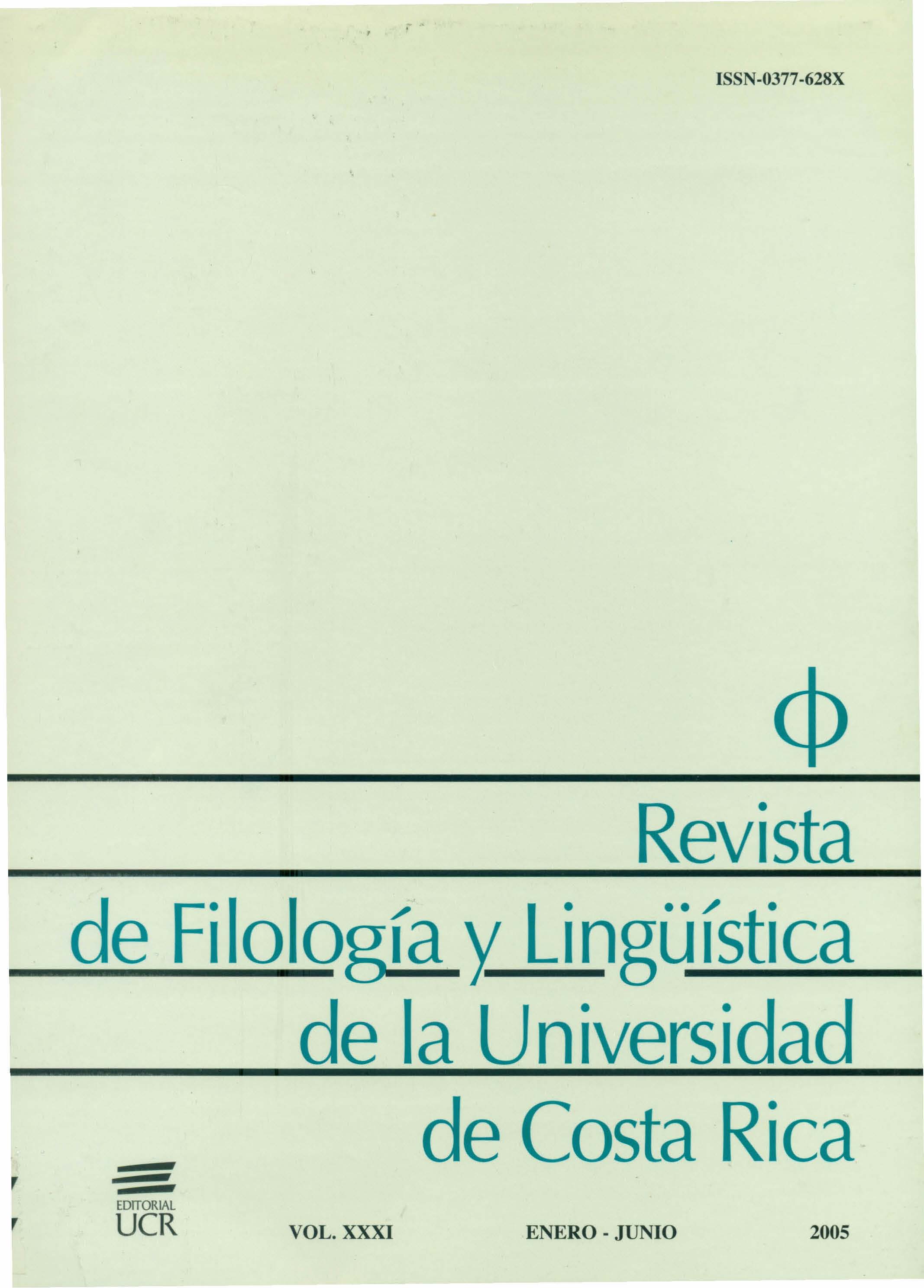Resumen
The space-tirne rupture and "diegética" that exists in the two parts of the novel "Seven Tales of Love and War" (1986) obliges us to take into consideration that the second part, "About War" narrates events that occurred before the events in the frist part, "About Love". The novel appears to be structured in the form of a diptych, a series of paintings on two tablets, and is treated as an epic story that puts into equilibrium the two extremes of the Sandinista revolution. The stories of the women that are presented in the novel do not have a completely euphoric unraveling; which sets the stage for the conflict between the national reconstruction projects and the difficulties in accomplishing them in a male chauvinistic world. Behold there the great disaster that Rosario Aguilar wants to testify to in "seven Tales"; it is not automatically accomplished by taking up the same weapons, shoulder to shoulder, with the men, nor assuming together responsibility for the reconstruction of the country. The revolution must take into account in its plans, the feelings and understanding of biological and gender-based differences.
Citas
Aguilar, Rosario. 1986. Siete relatos sobre el amor y la guerra. San José: EDUCA.
Amoretti, María. 1997. "La morada interior y sus espectros". En Arancibia, Juana A. y Luis Jiménez (Eds.), 275-300.
Arancibia, Juana A. y Luis Jiménez (Eds.). 1997. Protestas, lnterrogantes y Agonías en la obra de Rima de Vallbona. San José: Instituto Literario y Cultural Hispánico-Ediciones de Perro Azul.
Chen Sham, Jorge. 1999. "Sanción moral y castigo: contradicciones ideológicas en la narrativa de Ana Roqué". En Jiménez, Luis A. (Comp.), 167-80.
(2002). "Tres momentos de los movimientos revolucionarios vistos en la literatura latinoamericana: Benedetti, Argueta y Vargas Llosa". Revista de Filología y Lingüística de la Universidad de Costa Rica. 28 (2): 51-62.
Jiménez, Luis A. (Comp.). 1999. La voz de la mujer en la literatura hispanoamericana fin- desiglo. San José: Editorial de la Universidad de Costa Rica.
Moyano, Pilar. 1993. "La transformación de la mujer y la nación en la poesía comprometida de Gioconda Belli". Revista Canadiense de Estudios Hispánicos. 17 (2): 319-31.
Palacios, Nydia. 1998. Voces femeninas en la narrativa de Rosario Aguilar. Managua: Editorial Ciencias Sociales.
(2002). "El guerrillero de Rosario Aguilar: la mujer en la Revolución Nicaragüense en la década de los sesenta". Alba de América. 19 (35-36): 339-45.
Pinillos, María de las Nieves. 1983. "La novela de la guerrilla iberoamericana". Cuadernos Hispanoamericanos. (400): 174-82.
Rubio Cordón, José Luis. 1983. "Los movimientos vertebradores, populistas y revolucionarios en Iberoamérica". Cuadernos Hispanoamericanos. (398): 343-57.
Salamanca, Douglas. 1991. "Literatura, sandinismo y compromiso". Revista Iberoamericana.
(157): 843-59.
Zamora, Daisy. 1991. "La mujer nicaragüense en la poesía". Revista Iberoamericana. (157): 933-58.

